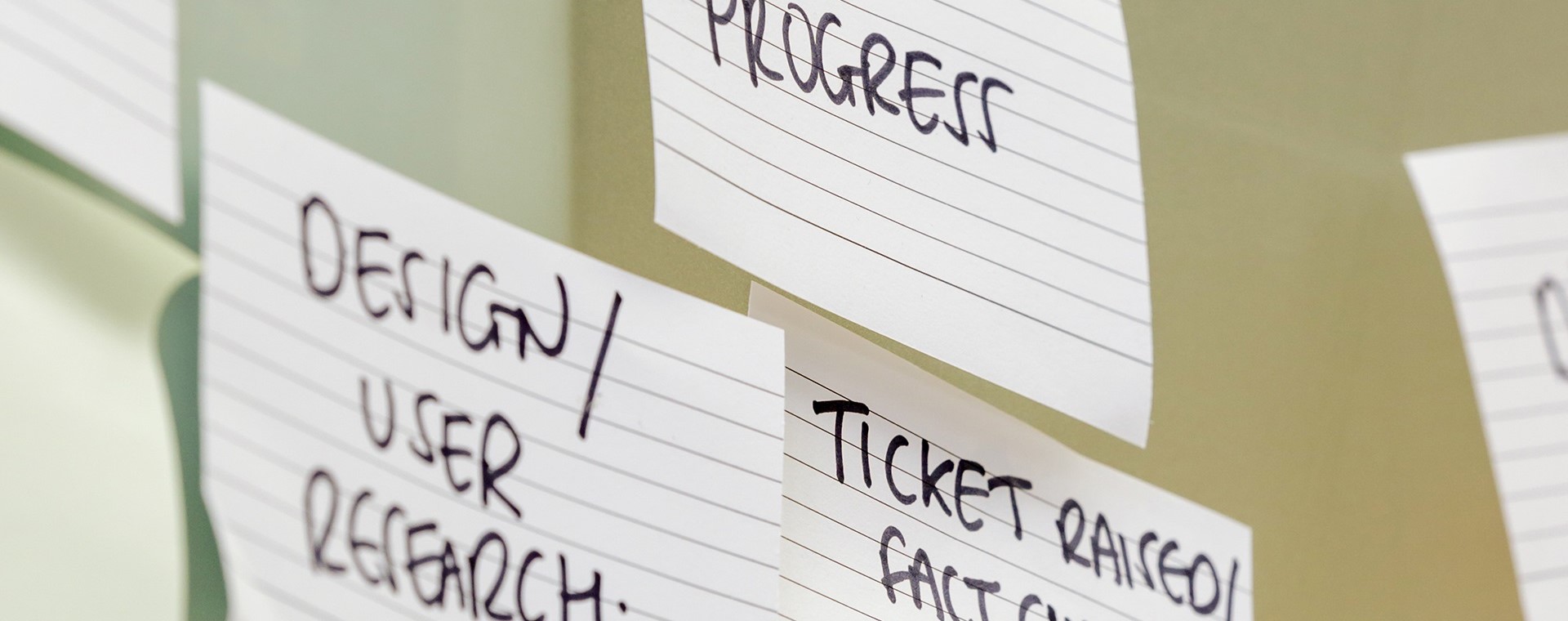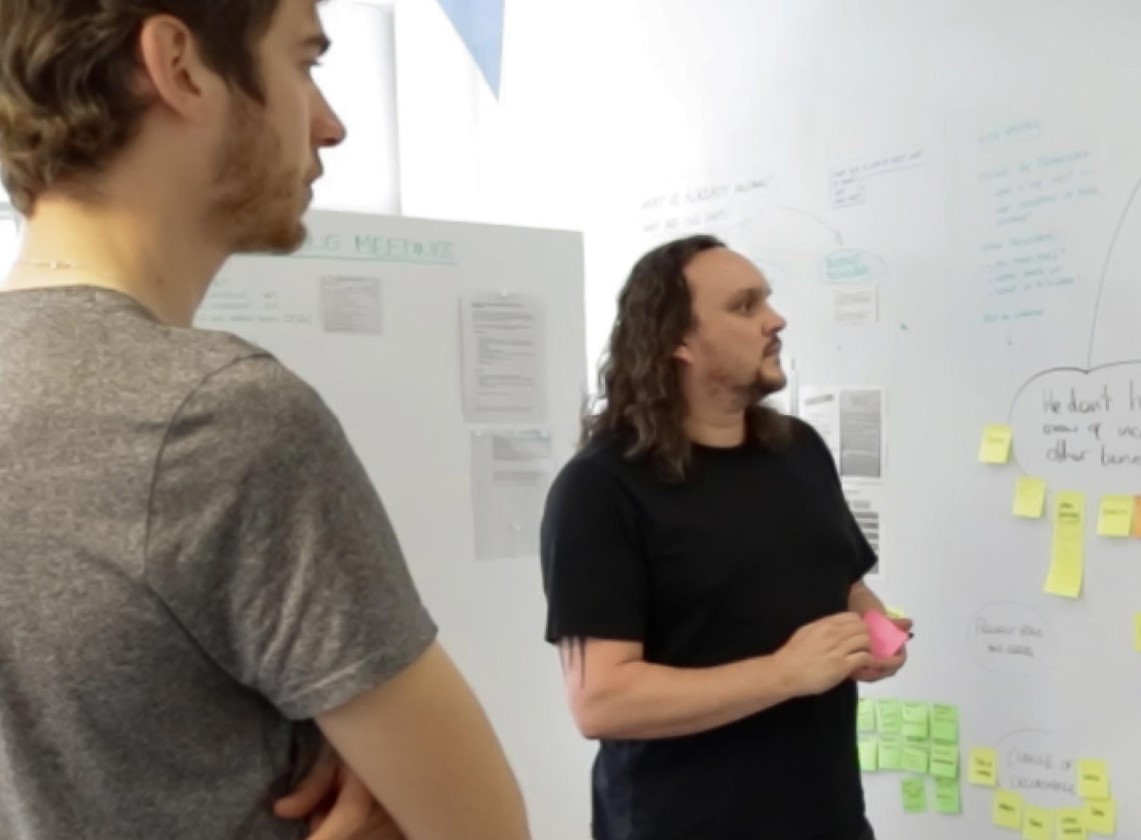
What is user research?
We’re in the middle of transforming our services, and the role of the user researcher is vital to ensuring we get it right.
User research is the practice of understanding user needs through systematic and methodical investigation.
User needs: tasks, pain points, mental models, behaviours, emotions.
Systematic investigation: various methods to observe people’s behaviour, to learn about their attitudes, and to test design ideas with them.
Why do we need user research?
User research helps us understand the crux of the problem we’re trying to solve. It helps us to identify hidden needs and fill the gaps in knowledge about our users. Through user research we find out who our users really are, and what they need from our service, and the contexts they might use it in.
It also ensures that we’re not designing based on guesswork, biases and assumptions. Because that approach has high costs and high risk of failure.
We want to learn as much as we can about users, and use those insights to create hypotheses and designs that can be tested. That reduces risk and leads to services that meet users’ needs.
Who are user researchers?
User researchers tend to have fairly diverse backgrounds. They might have degrees in social sciences and human behaviour (psychology, sociology, anthropology) or human factors / computer-human interaction for example. But plenty of user researchers also have a background in design or market research.
What does a user researcher do?
A user researcher helps the team understand the ‘problem space’ and approach it from a human-centred perspective.
Good user research is not simply going out and asking users what they want.
The user research role is all about understanding the behaviours, attitudes, needs and motivation of our service users. We do this by conducting research with the right people in the right way.
It’s also critical that we consider everyone who might use our service. So we include people with access needs, vulnerable people and other people who might be at risk of being excluded from the service if we don’t design it in the right way.
Understanding the user
It’s important to take a step back and find out what goes on for the user rather than just focusing on the experience of using the product.
User researchers look to understand the problem, not to find the solution, and to bring the users’ experience back to the team and others.

Ask the right questions
Crafting the right question in the right way is something that user researchers are particularly skilled at. Good research often feels like a gentle conversation to the user and also looks like this to an observer. Making an interview look and feel this way takes a lot of skill.
To get a real in-depth understanding of the user’s needs, their circumstances and behaviours we have to be able to quickly gain trust and build a rapport with the people we’re working with. We often deal with vulnerable people and we need to be empathetic and mindful of their wellbeing.
We also need to be able to extract the information that we need.
The other important skill user researchers need is to be able to listen without interrupting. Keeping quiet and allowing people to think out loud is vital. Some of the most insightful information comes from the user being allowed to have the time to verbalise their thoughts.
Skilled note taking
Notetaking has to be learnt. It has to be verbatim and factual. We should capture the authentic and natural conversation as it is our job to accurately represent the user.
How does a user researcher use the research?
With qualitative research, we often end up with a lot of complex and wide ranging findings and insight. The critical step is making sense of all of that: finding the patterns in it, uncovering the latent or unarticulated user needs.
Analysis and synthesis are specialist skills which are needed to drive the value from the research and draw the right conclusions. A good user researcher will be comfortable with spending a lot of time getting to know the findings and making sense of it.
We often get the whole team involved in the analysis as this helps them to gain a greater understanding of the needs of the users.
We use this analysis to build user stories – straightforward narratives telling us who the user is, what they need and what the problems are – for the team.
This analysis and user stories means we can make informed, evidence based decisions on next steps.
It’s the user researcher’s role to convey what has been learned about the users and to bring it to life for others.
A great role
The user researcher role really puts the user at the heart of our services.





